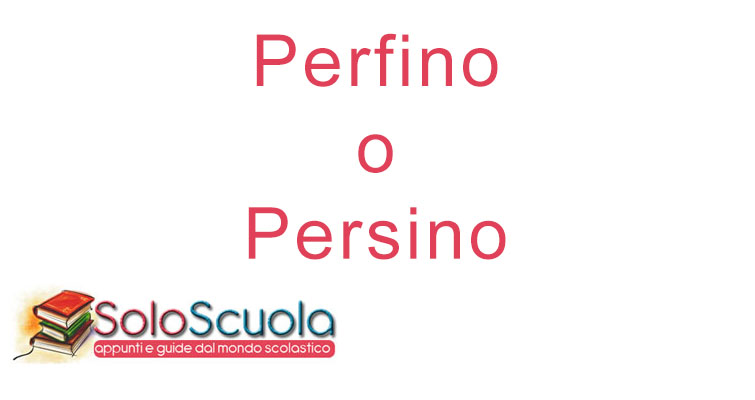

Il est de plus en plus reconnu que les espèces introduites sont révélatrices de l'activité culturelle et que des études de leur biogéographie peuvent donner des informations sur les tendances de la migration humaine, du commerce et même de l'idéologie de l'époque. Yeats W.L.Des daims (vieil anglais * pohha/* pocca) ont-ils été observés dans l'Angleterre anglo-saxonne ? Analyse des preuves de l'existence du Dama dama dama dans l'Europe du Haut Moyen Âge Long form or short, it makes no difference,Īuthors Ada Negri Alba Gnazi Alda Merini Aldo Palazzeschi Alessandro Cinquegrani Alessandro Garigliano Alfonso Gatto Alfredo Oriani Amalia Guglielminetti Amelia Rosselli Anna Maria Ortese Antonia Pozzi Antonio Bortoluzzi Antonio Gramsci Antonio Tabucchi Arturo Onofri Attilio Bertolucci Bartolo Cattafi Benvenuto Terracini Bruno Lugano Camillo Boito Camillo Sbarbaro Carla Vettorello Carlo Lapucci Ceccardo Roccatagliata Ceccardi Cesare Pavese Claudio Piersanti Clemente Rèbora Collodi Corrado Govoni Costantino Belmonte Crepuscolari Cristina Savin CRNG Curzio Malaparte Daniele Del Giudice Daniele Rossi De Luca Demetrio Paolin Diego Valeri Dina Ferri Dino Buzzati Dino Campana Domenico Dara Edmondo De Amicis Edoardo Sanguineti Elio Vittorini Elisa Casseri Elsa Morante Emanuela Cocco Emilio Paolo Taormina Emily Dickinson Enzo Fileno Carabba Ernesto Ragazzoni Erri De Luca Eugenio Montale Filippo Rigli Filippo Tapparelli Flavia Piccinni Fosco Maraini Franca Alaimo Francesco Guccini Franco Fortini G.A.Borgese Gabriele D'Annunzio Galileo Galilei Gesualdo Bufalino Giacomo Leopardi Gianluigi Bodi Gianna Patriarca Gianni Rodari Gian Pietro Lucini Giorgio Bassani Giorgio Caproni Giosue Carducci Giovanni Pascoli Giovanni Raboni Giuseppe Martella Giuseppe Pitre' Giuseppe Prezzolini Giuseppe Ungaretti Goliarda Sapienza Grazia Deledda Guido Gozzano Irina Koval Italo Calvino Italo Svevo Jack Kerouak John Clare John Steinbeck Julia Leverone Leonardo Da Vinci Leonardo Sciascia Liliana Segre Luciano Erba Luigi Pirandello Manara Valgimigli Marco Casavecchi Margherita Guidacci Maria Luisa Spaziani Maria Messina Mariangela Lando Marilú Oliva Mario Luzi Marta Lo Brano Massimo Gezzi Matilda Colarossi Maya Angelou Michael Alenyikov Michelangelo Buonarroti Mirko Tondi Miryam Pacifico Nanni Balestrini Natalia Ginzburg Nelo Risi Nico Orengo Noemi Ghetti Paolo Ottaviani Paolo Zardi Patrizia Sardisco Piera Oppezzo Pierluigi Cappello Piero Calamandrei Piero Jahier Pier Paolo Pasolini Pino Daniele Primo Levi Renato Fucini Roberta De Piccoli Robert Frost Roberto Amato Salvatore Quasimodo Sandro Pecchiari Sandro Penna Sergio Corazzini Sibilla Aleramo Susanna Basso Tania Puglia Tiziana Sferruggia Tiziano Fratus Trilussa Umberto Saba Valerio Magrelli Vasile Baghiu Vincenzo Cardarelli Viola Ardone Vittorio Sereni W. Tomorrow, the next day and all we’ll find. She thought of the future and wrote “I’ll…”. Once upon a time there was a pupil, and she was ill. I opted for the future because a child who was ill could become “I’ll”. Many are misused by native speakers: they’re, their, there your, you’re…None was suited to making the rhyme work. There are few contractions in English to play with. In this particular case the original word is Lago (lake) di Garda and l’ago (the needle). In Italian the use of the apostrophe can change the meaning of the words.

The rhyme I have chosen was meant to teach children about apostrophes.

Many of the things he wrote were for educational purposes. The second rhyme had to be rewritten: Gianni Rodari was a teacher. It was easier because the theme, the semi-colon, is a part of both Italian and English and the reasoning was very much the same. The first rhyme remains very close to the original. I don’t know if translating is the right word, really I don’t: how can something that has so much to do with sound actually be “translated” when to reproduce the authors’ “sounds” you have to use words so different from their own? I’m presenting two examples here (with audio), one almost a translation and the other an interpretation! There is something so playful about translating rhyme.


 0 kommentar(er)
0 kommentar(er)
